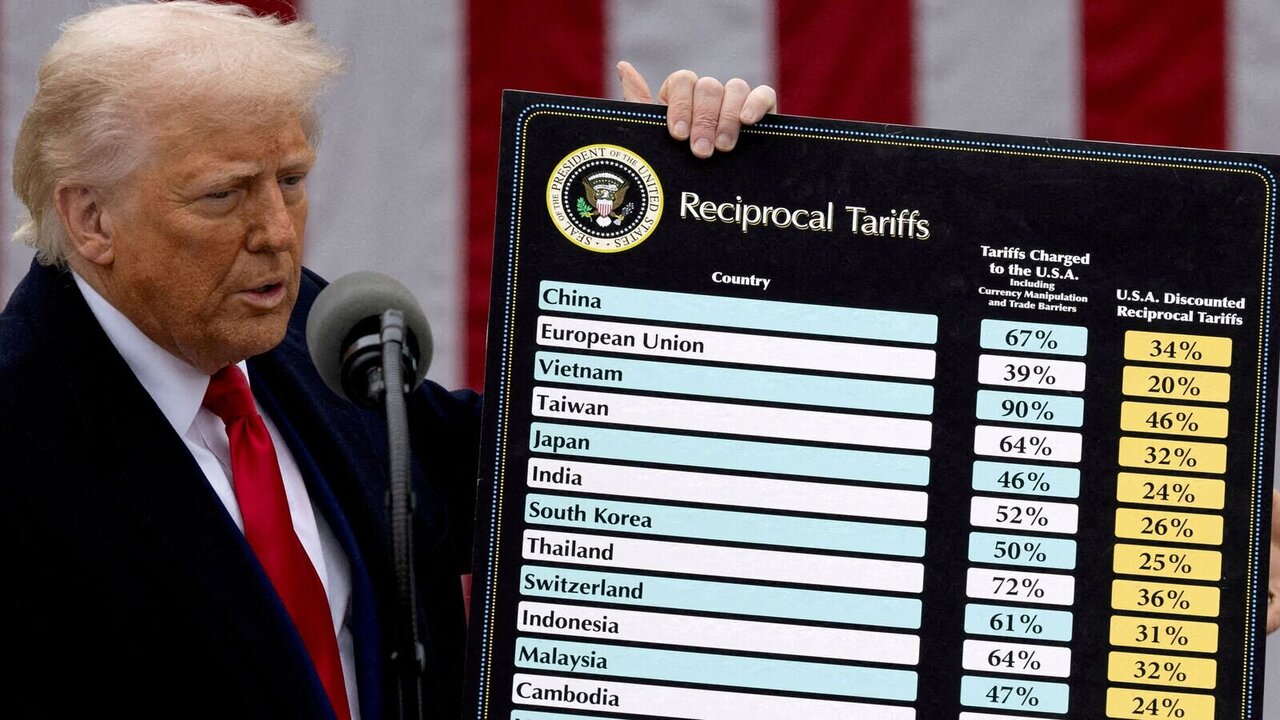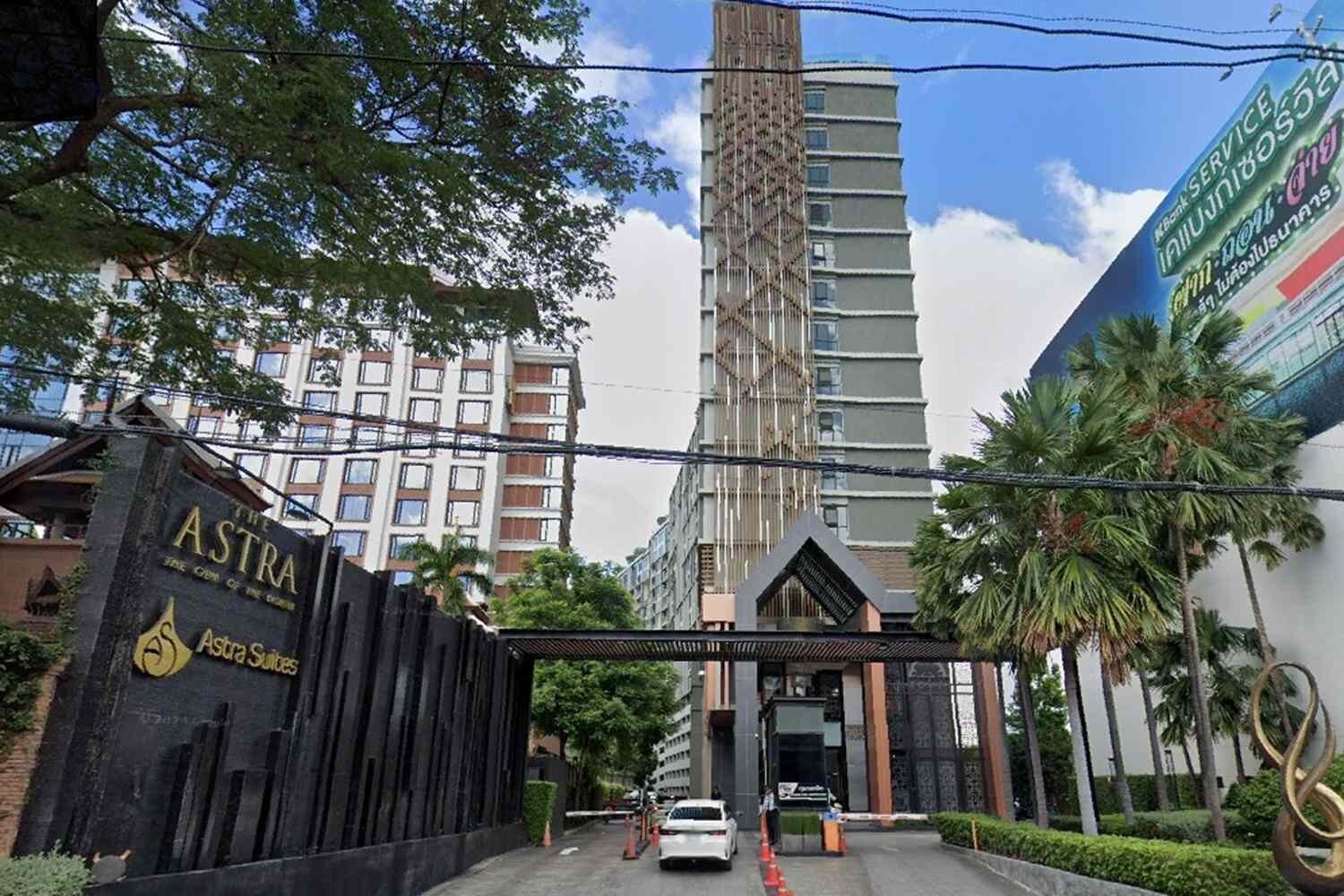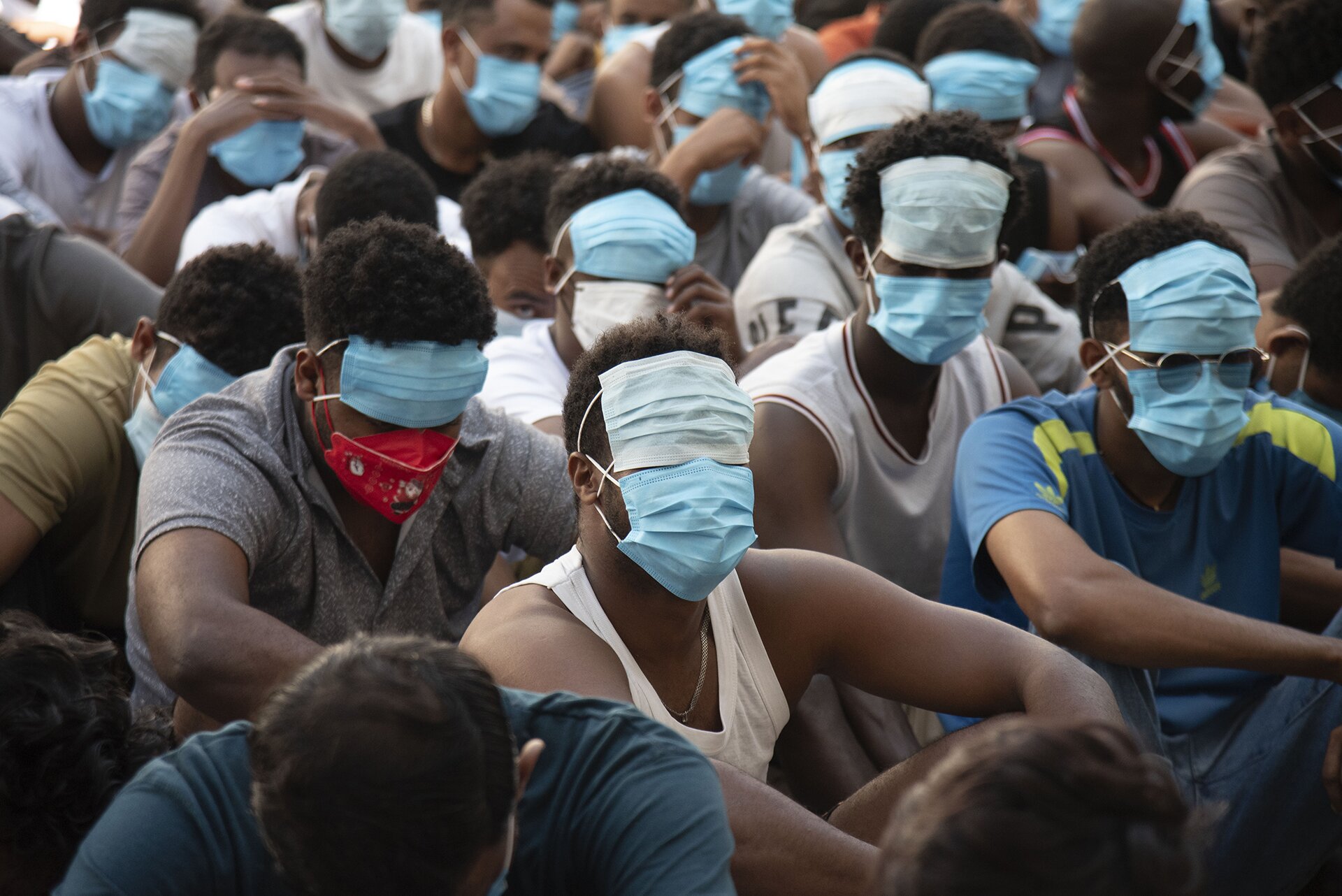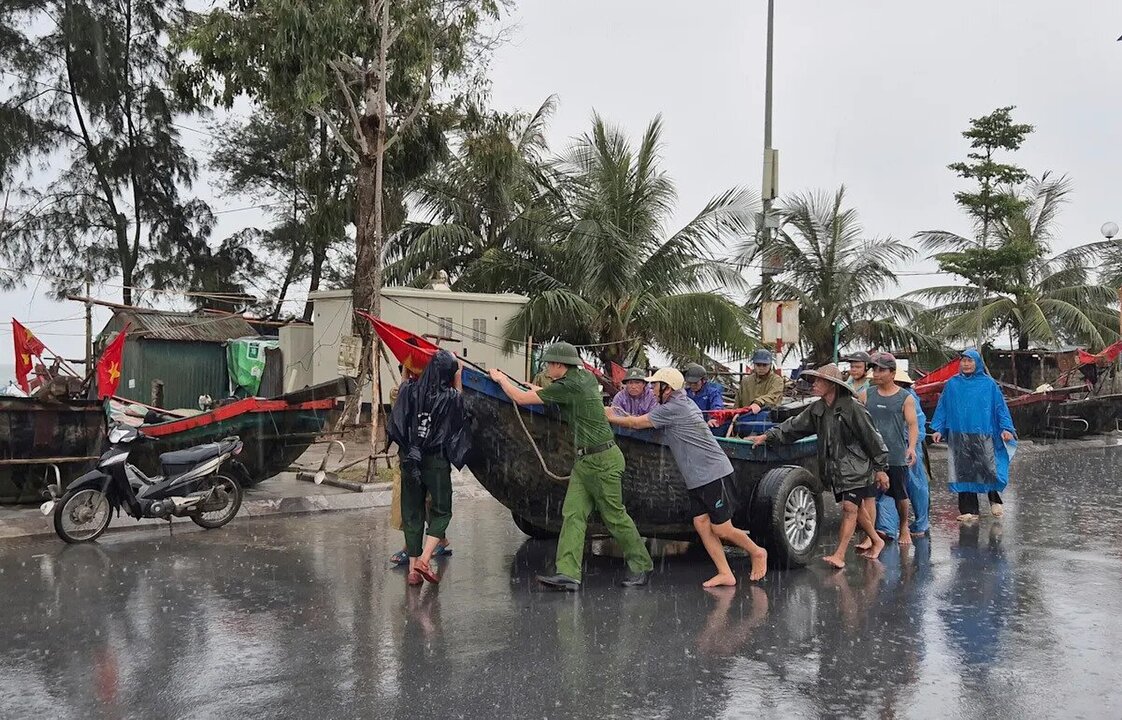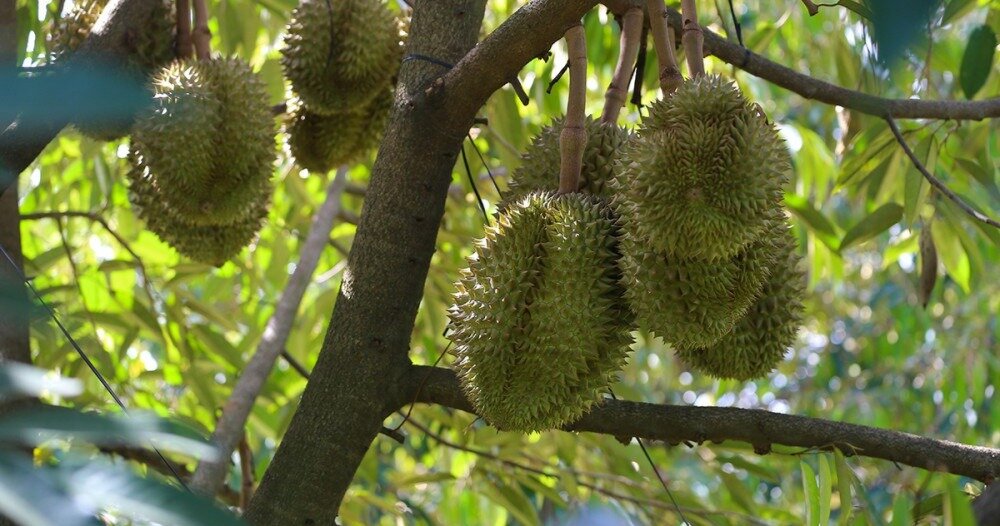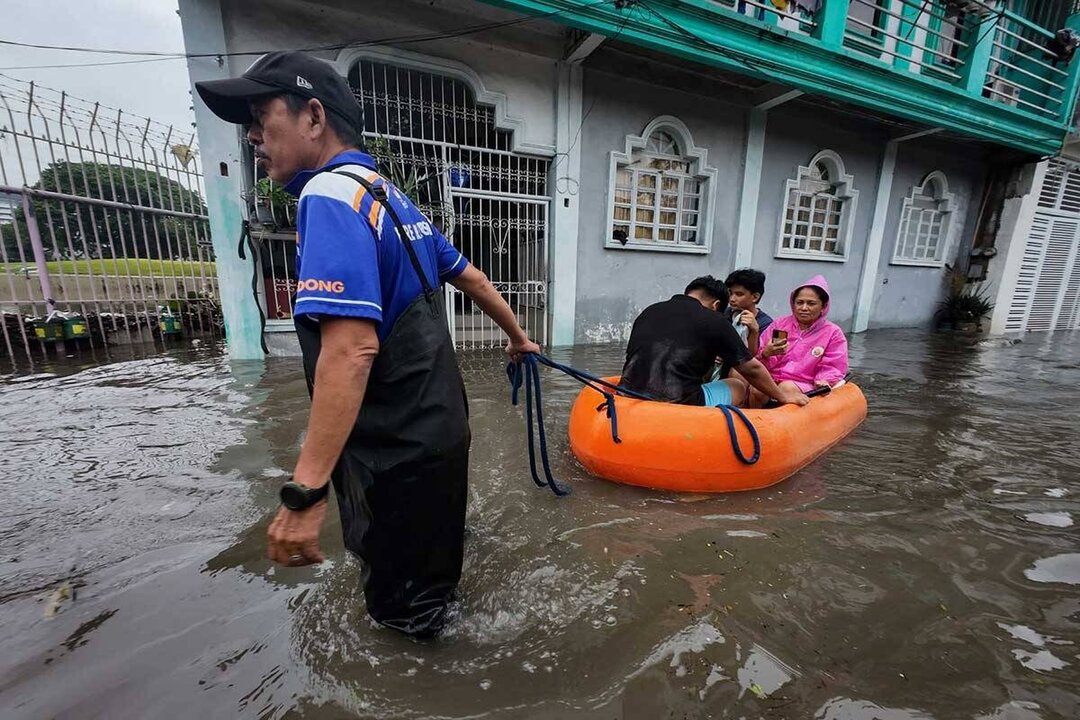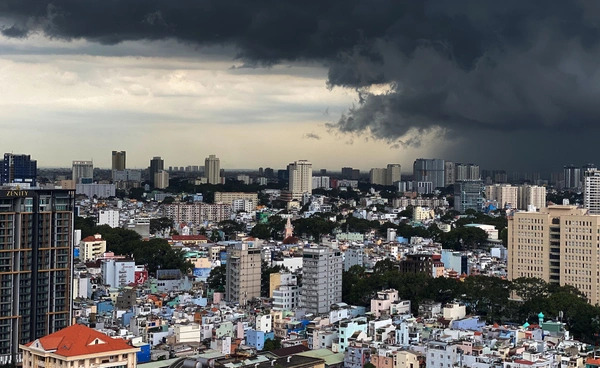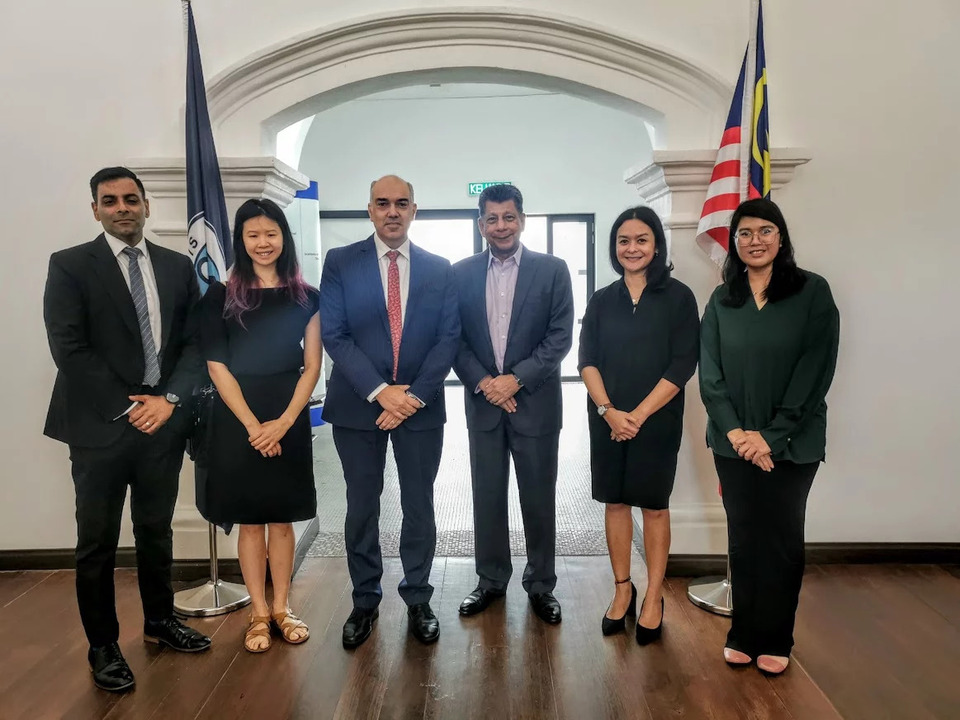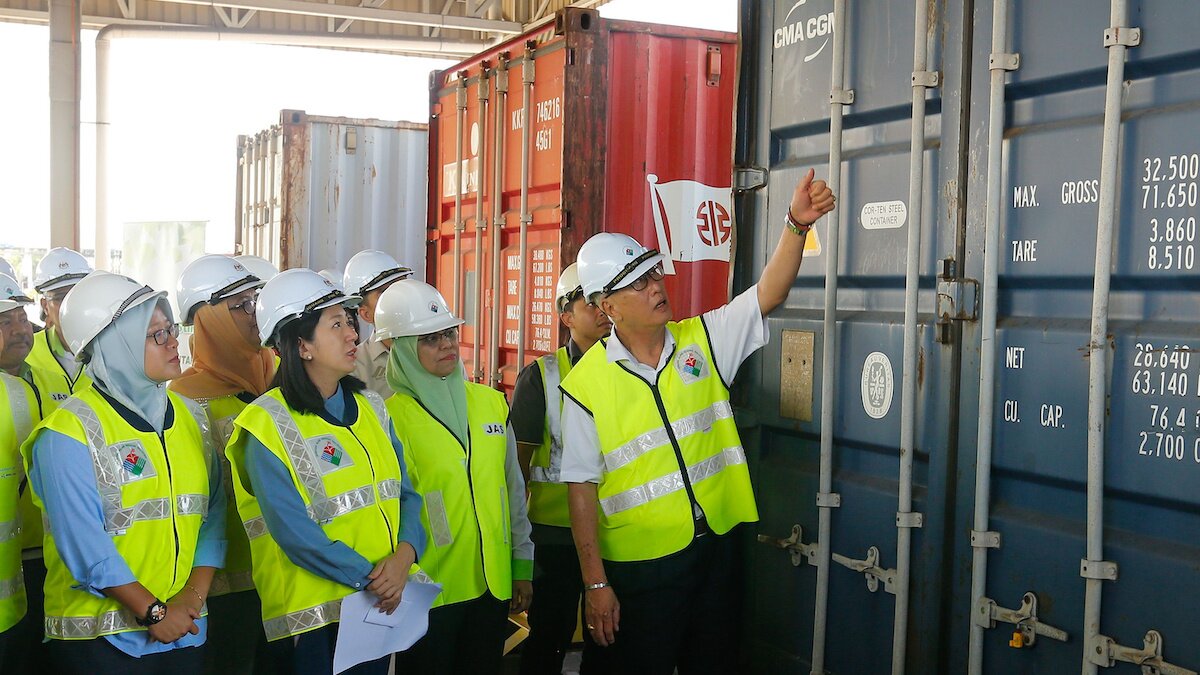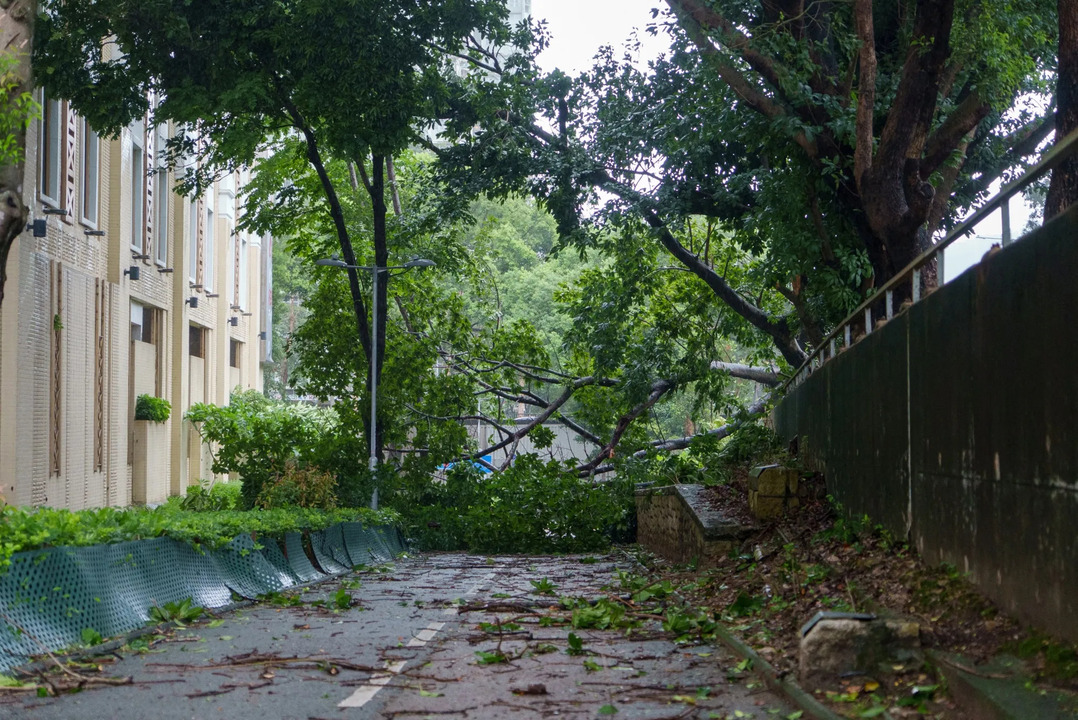Between January 1 and July 9, 2025, the CCIB recorded 175,477 cases—an average of 919 daily—resulting in estimated financial losses of 14.87 billion baht; just 2 percent (≈295.8 million baht) of those assets were recovered .
Authorities report that 56 percent of the scams involved online purchase fraud, 26 percent were money‑transfer scams, 7 percent were loan frauds, with the remainder encompassing various deceit methods.
More than 80 percent of victims were traced to networks operating from Poipet, Cambodia—not from Myanmar, as previously suggested .
On July 8, raids were conducted across 19 locations in Bangkok, Samut Prakan and Chonburi.
A residence in Bang Phli district was searched under a warrant targeting Cambodian casino magnate Kok An, owner of the Crown Casino Resort complex in Poipet.
Seized assets included multiple luxury vehicles and approximately 27 million baht in cash .
The operations focused on dismantling mule‑account networks and mapping financial pipelines tied to cross‑border fraud activities .
Kok An, 71, a senator in Cambodia’s ruling party and a prominent figure in the Poipet casino sector, controls several high‑rise properties, including 25‑ and 18‑storey towers and related entertainment venues suspected of housing call‑centre fraud operations .
He is wanted on charges of involvement in a transnational criminal organisation and money‑laundering.
Thailand has secured a court warrant and is collaborating with Interpol on a red notice.
Domestic law enforcement is coordinating with the Anti‑Money Laundering Office and the Attorney‑General’s office to pursue international prosecution .
Thai authorities indicate that the syndicate employed Thai nationals coerced into operating mule accounts and working in scam call‑centres located within Kok An’s Cambodian properties .
At least one Thai national is reported to have died in Poipet in February, reportedly under pressure linked to call‑centre operations .
The crackdown comes amid increasing diplomatic tension between Thailand and Cambodia.
It follows public statements by Thai political figures referencing deteriorated relations and alleged involvement of cross‑border elites in criminal networks.
Cambodia’s Senate leadership has condemned the actions as politically motivated and urged scrutiny of the measures .
Officials note that more stringent Thai border controls—restricted checkpoint hours and enhanced screenings—have coincided with lower monthly cybercrime complaints, from around 1,300 to below 900 per day in early June.
Closure of certain border crossings and restrictions on Thai nationals working in Cambodia are cited as contributing factors .
The CCIB has also pointed to earlier efforts: between March 2022 and March 2025, authorities processed over 1.18 million cybercrime cases and suspended more than 520,000 mule accounts, preventing losses estimated at 19.9 billion baht .
In parallel, the bureau dismantled major online gambling networks—including Bangkok operations handling over 11 billion baht in annual transactions—and blocked thousands of associated web URLs .
The ongoing operation aims to dismantle infrastructure allegedly used for hybrid fraud schemes, money‑laundering—sometimes involving cryptocurrency—and mule‑account systems.
Police have emphasised continued efforts to trace assets and prosecute involved individuals, both domestically and via international cooperation.


